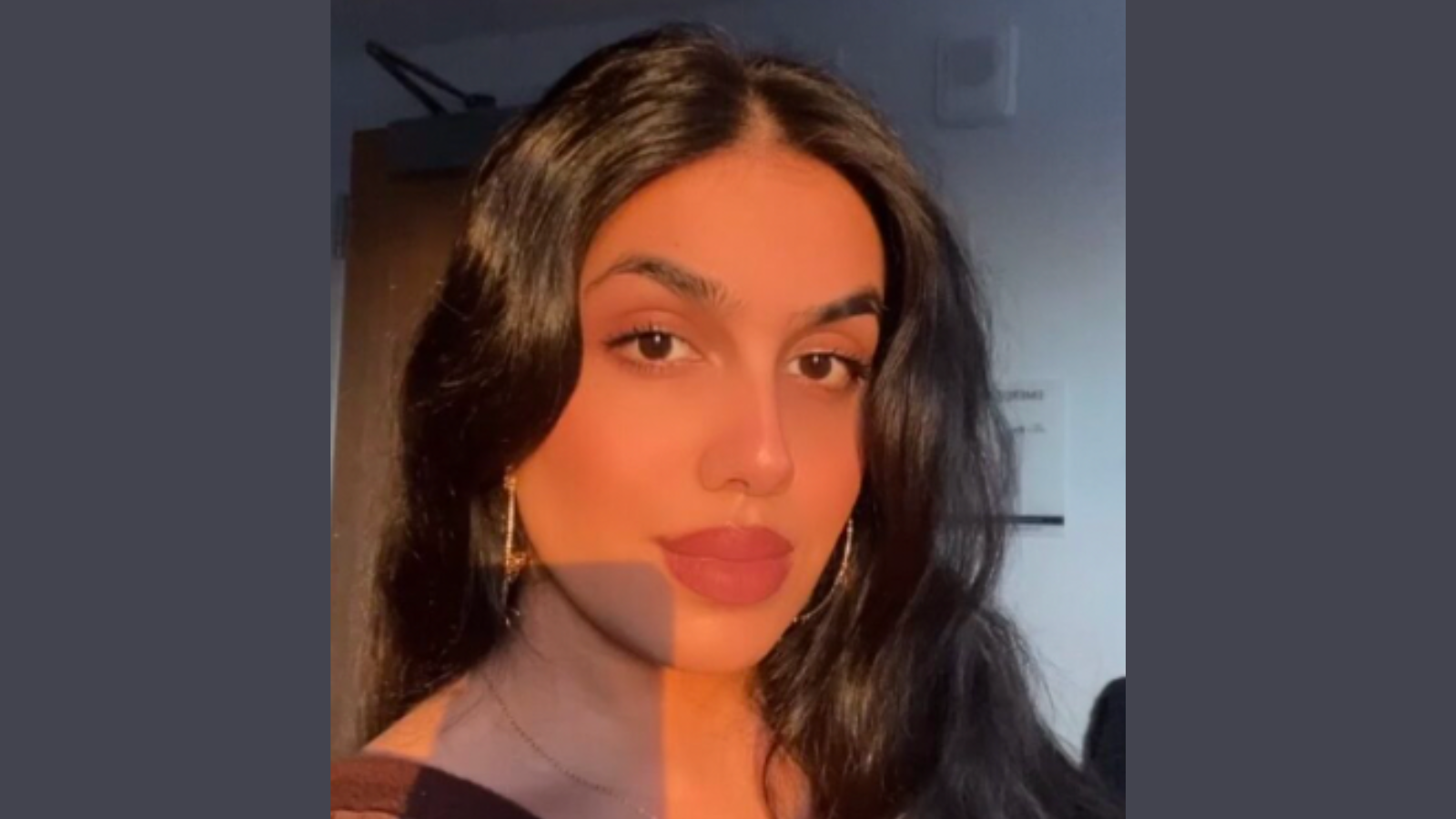Once, while she was in high school, Khadija Rashid was in a meeting representing the Brooklyn South Borough on the Chancellor’s Student Advisory Council learning about and reviewing New York City Department of Education budget allocations for secondary education, when she and her peers had an eye-opening experience on educational equity.
“We couldn’t grasp the idea that this is the budget, but there are kids going hungry in schools,” she says. “Kids who don’t have textbooks in schools. Why? Because of how segregated the system was. Specialized high schools were getting around 10 percent of the budget and other schools were getting close to none.”
That and other activity on the advisory council caused Rashid to reflect on the sprawling effect of the education system on individual students and on the population as a whole.
“It’s a vicious cycle,” she says. “The neighborhood you’re in is the education you’ll get. And you end up staying in that neighborhood with little chance of social mobility, even though the American dream preaches it. There are things in place, previous laws that have been in place, that are hindering people’s growth.”
That and an earlier experience living in Pakistan led Rashid to a renewed sense of purpose advocating for educational equity for all. Now Rashid is a rising junior at Cornell University and a 2023 intern for Every Learner Everywhere working on projects to open doors for others the way they’ve been opened for her. Following her experience as a campaign manager in a Young Invincibles fellowship program, she plans on becoming a United Nations consultant to work at the intersection of policy, education, and global affairs to create a positive impact on the world.
On the power of education
Rashid’s family is from Pakistan, and when she lived there for one year when she was 11, she observed how gender norms create barriers to education for other girls her age.
“Every morning, I would go to school with their brothers while these girls were staying at home,” she says. “These girls are the ones getting ice since they did not have a refrigerator and doing the hard work to make the house run. Your brothers are able to go to school with their uniforms ironed in the morning, but you can’t? That didn’t sit right with me.”
Now as the first woman in her family to go to an Ivy league college, she often reflects on the barriers she is breaking, and she wants her own education to support advocacy for other students.
“Higher education was my way out,” she says. “I’ve been able to get so many opportunities by being in rooms of people who are making change and being able to talk to them and make sure that first-gen, low-income students are heard.”
In college and while in high school, Rashid has worked on councils for South Asian issues, hunger relief, and fundraising for Pakistan. The latter has particularly deepened her appreciation for her own education.
“If these kids, with what they’ve been through, are still willing to pursue this education, if there’s so much power in it, then people truly value it,” she says.
A part of the conversation
During her experience working on the student advisory council for the New York City Department of Education, Rashid saw the impact of including student perspectives. For example, at the start of the COVID-19 pandemic in 2020, she and her peers advocated successfully for a pass/fail grading option and flexibility around recording incompletes instead of failing grades.
“That was because of the students we had in the room when making these decisions,” she says. “If people’s parents are getting laid off and they can’t afford food, you can’t expect these kids to do well in school right now. That leniency came from student perspectives and student policies we were pushing for.”
In addition to her advocacy for student perspective, Rashid also emphasizes the need for the presence of minoritized communities in policy making.
“A lot of times, [institutions] are focused on bringing the people in who are impacted and giving them a seat at the table,” Rashid says. “But they give these people a seat at the table so far away that it’s near the door. It’s about having influence at that table, not just a seat.”
Sign up for our newsletter to learn about future internship opportunities

